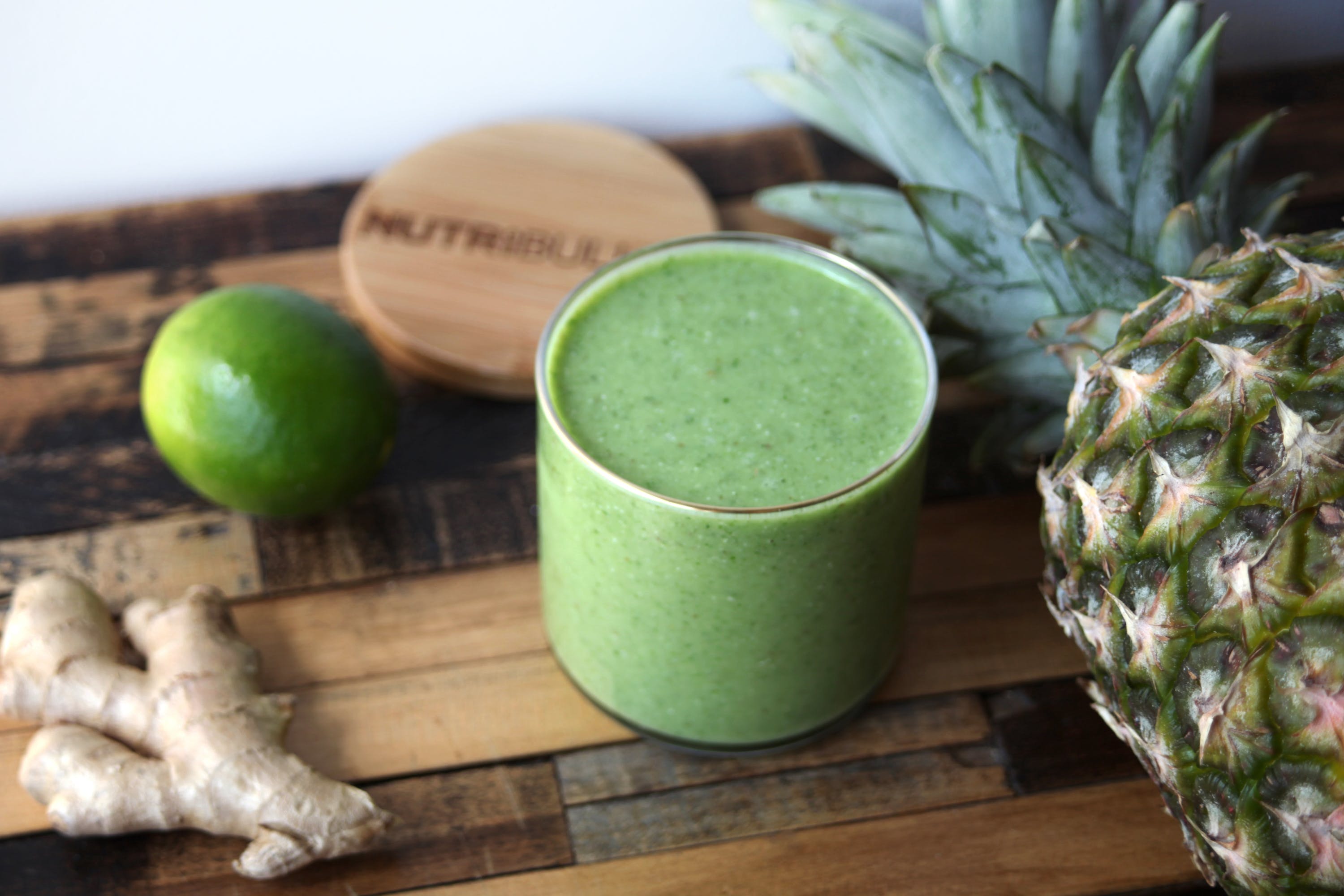It is no secret that there are serious debates about the healthiest eating patterns. Gluten-free or not? Vegan, vegetarian or Paleo? Butter or margarine? Coconut oil or oil-free? Fortunately, almost all nutrition experts rally around one principle: the more fruits and vegetables you consume in a day, the more you protect your health. Whether it’s the nutrients, like fiber, vitamins, minerals, antioxidants, and phytonutrients, or the fact that they’re substitutes for the donuts and French fries you might have eaten otherwise, eating fruits and vegetables is the best insurance policy to live a long and healthy life. Therefore, it’s hard for new data to catch the attention of the public or doctors, like me, who specialize in nutrition (and cardiology). Recently, such a study was published, which provided more reasons to grab your NutriBullet and blend some produce.
What did the researchers do?
A group of European researchers performed a meta-analysis on the association of 12 food groups, including whole grains, refined grains, vegetables, fruits, nuts, legumes, eggs, dairy, fish, red meat, processed meat, and sugar-sweetened beverages, with mortality by compiling and using data from all prospective studies.
What foods reduced mortality?
During the studies, researchers found that the more whole grains, vegetables, fruits, nuts and fish the participants ate, the lower the risk of mortality.
What foods increased mortality?
In the same studies, the more red meats and processed meats one consumed, the higher the rate of death during the follow-up period.
Were there more details on vegetable consumption?
The 37 studies that considered vegetable intake and mortality factored in 121,067 deaths, allowing for powerful statistical analysis. The risk of death decreased by 11 percent when participants increased vegetable intake to 300 grams per day (about ¾ lbs. of vegetables daily).
Were there more details on fruit consumption?
The 34 studies on fruit consumption looked into 120,033 deaths. Each additional 100 grams of fruits was associated with a reduced risk of death by 6 percent. If you considered a daily intake of 250 to 300 grams of fruits a day (about ¾ lbs. of fruit daily), the risk of death decreased by 10 percent.
What if you ate all of the risk-reducing foods?
By eating more risk-reducing foods, such as fruits, vegetables, and nuts, you could lower your risk of death during the study period by 56 percent.
What if you ate all of the risk-increasing foods?
The analysis indicated that diets higher in red meats and processed meats doubled the risk of death by the follow-up period.
What food had the strongest relationship with reduced mortality?
The more nuts you ate, the lower the risk of death. This was the strongest association of the 12 food groups studied. The risk of death decreased by 17 percent with an increased intake of nuts, up to 15 to 20 grams a day.
Why is this study unique?
This study was the most comprehensive because it considered so many food groups. It was also one of the first to include legumes, eggs, and sugar-sweetened beverages in relations to mortality.
What did the authors conclude?
The authors concluded that “an optimal intake of whole grains, vegetables, fruits, nuts, legumes, and fish, as well as reduced consumption of red and processed meats and sugar-sweetened beverages, can lead to an important decrease, by 80 percent, in the relative risk of premature death when compared with intakes always from the highest risk category”.
Maybe you find it challenging to eat more than five servings of fruits and vegetables a day. Maybe you find it particularly difficult to get children to do the same. The recent study reminds us all of the importance of getting this daily quota of fruits and vegetables. There’s no simpler way to reach those targets on a daily basis than by blending up a delicious fruit and vegetable smoothie in your NutriBullet. So, start your engines and drink your way to a long, healthy life!
Nutritional information
Recipe: Creamy Green Strawberry Dream Serving in this recipe:1
- Calories: 236.6
- Total Fat: 3.6 g 5.5%
- Saturated Fat: 0.4 g 1.9%
- Cholesterol: 0 mg 0%
- Sodium: 358.7 mg 14.9%
- Total Carbs: 45.7 g 15.2%
- Dietary Fiber: 9.9 g 39.4%
- Sugar: 22.1 g
- Protein: 8.1 g 16.2%
- Vitamin A: 481.9% Vitamin C: 244.1%
- Calcium: 68.5% Iron: 26.1%
* Percent Daily Values are based on a 2,000 calorie diet. Your daily values may be higher or lower depending on your calorie needs.




























